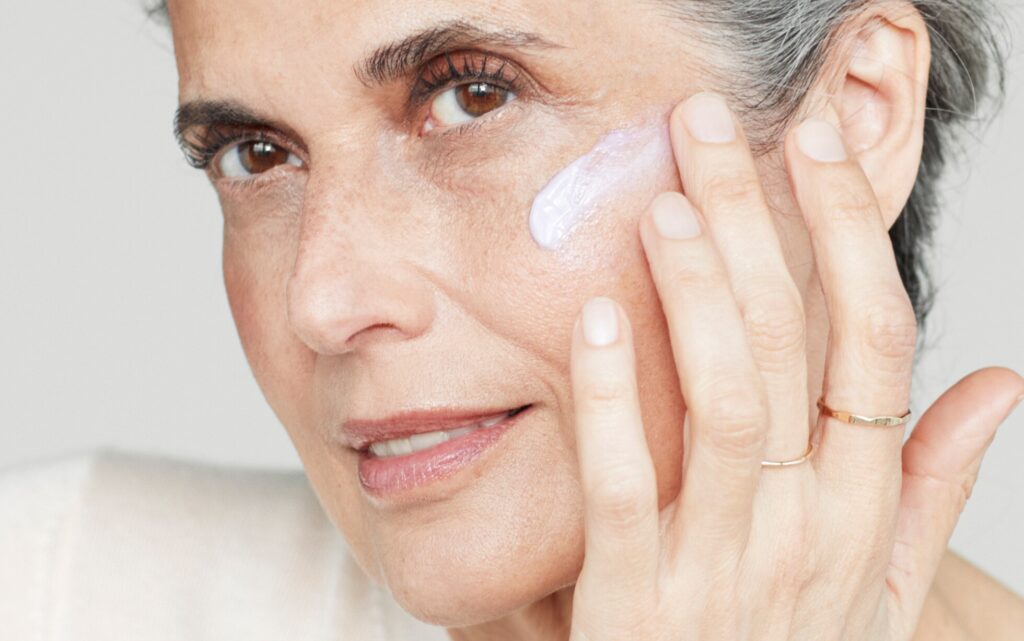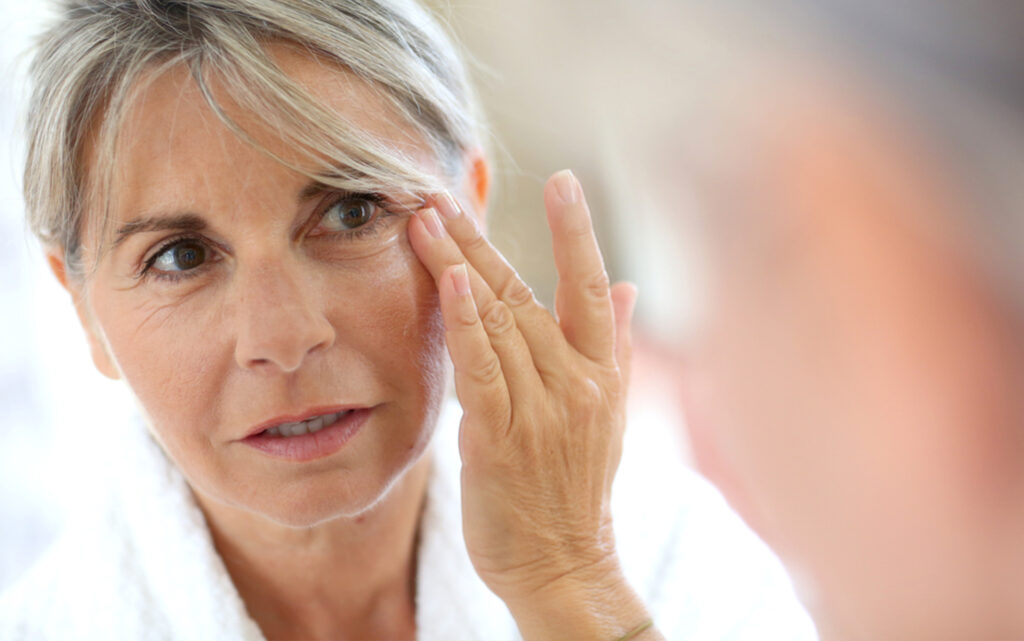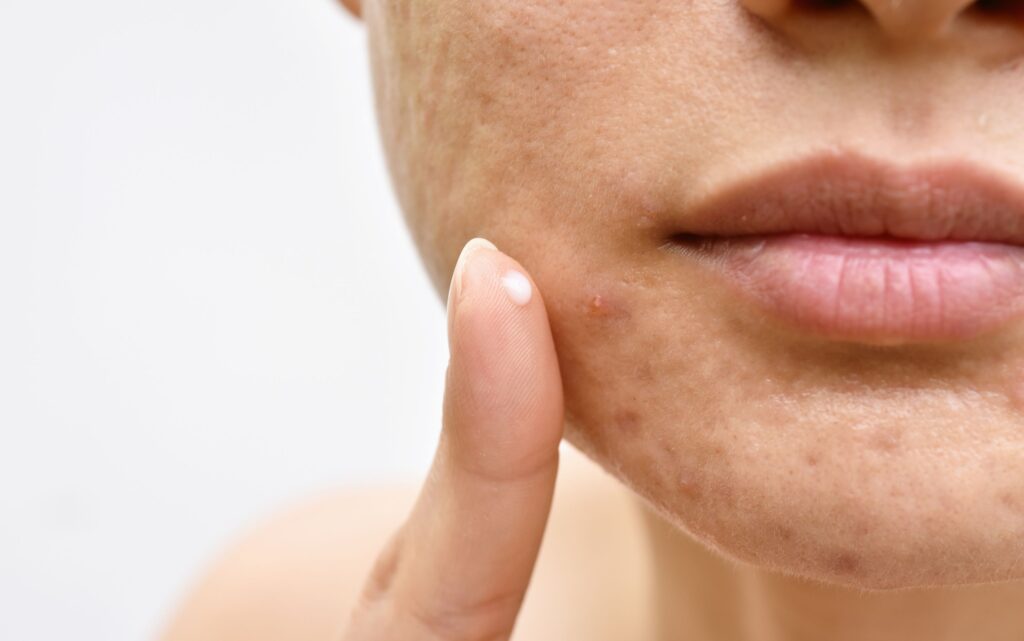Rosacea Disease / Rosacea Acne
Rosacea is a common and long-term condition. In its simple forms, it usually appears with erythema (redness) and a few dilated vessels on the face. In later stages, pimples similar to those of common acne may appear. Depending on the appearance of rosacea, it is divided by dermatologists into 4 types (erythematous, papulopustular, rhinophyma, ocular rosacea). Some patients may have several types of rosacea / acne at the same time.
How it appears:
- Flushing and redness mainly in the center of the face
- Visibly broken blood vessels (vasculature) usually around the nose and central face.
- Sensitive skin.
- Stinging or burning sensation in the face.
- Pimples with or without pus mainly where the skin is very red.
- Varicose veins, broken facial vessels.
- Rarely and mainly in men, thickening of the skin on the nose (rhinophyma) or chin.
- Ocular rosacea (itching, swelling, redness of the eyelids).
Rosacea can also affect quality of life. Some sufferers tell us that it causes them problems at work, in their marriage, in social contacts. Sometimes they feel frustration and shame, worry, low self-esteem, anxiety and depression.
WHO GETS ROSED ACNE?
Rosacea / rosacea is a common condition. Women are more likely than men to experience it but usually in milder forms. Children as well as people of all races/skin colors can also develop rosacea. However, it occurs more often in light-skinned people.
WHAT CAUSES ACNE?
The cause of rosacea or rosacea remains unclear. Dermatologists are still trying to figure out what causes it. There is so far evidence linking rosacea to a genetic predisposition (inheritance of genes), and a pathological reaction of the immune system to bacteria or mites.
TREATMENT
We examine your skin and look for the signs and symptoms of rosacea. Depending on the findings we may recommend:
- Medicines applied to the skin or taken by mouth
- Laser and other mild treatments for redness and enlarged blood vessels - varicose veins
- Laser for rhinophyma (removal of skin thickening)
- Sunscreens (daily application can help prevent breakouts)
- Special cosmetics that help soothe the skin



